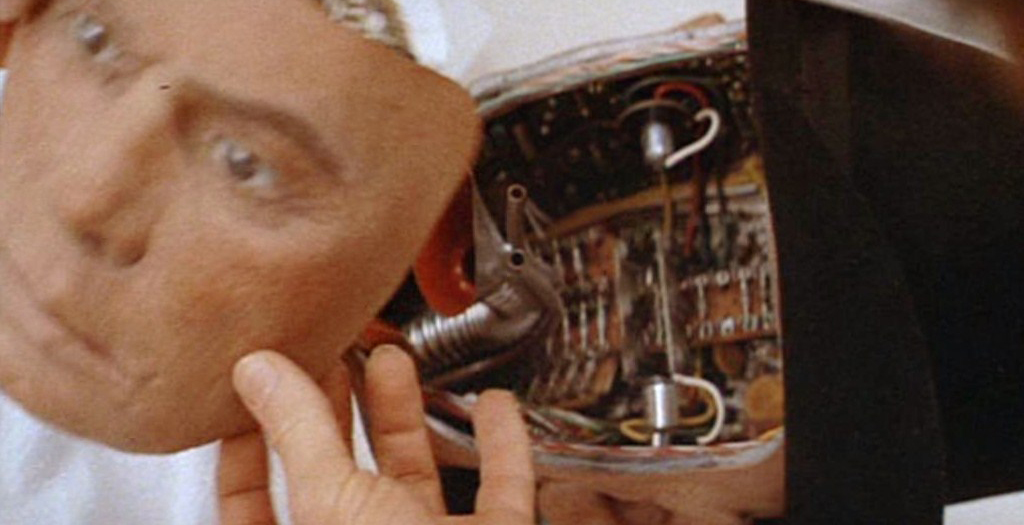There’s a line near the end of 1973’s Westworld, after things have gone haywire, that speaks to concerns about Deep Learning. A technician, who’s asked why the AI has run amok and how order can be restored, answers: “They’ve been designed by other computers…we don’t know exactly how they work.”
At Google, search has never been the point. It’s been an AI company from the start, Roomba-ing information to implement in a myriad of automated ways. Deep Learning is clearly a large part of that ultimate search. On that topic, Steven Levy conducted a Backchannel interview with Demis Hassabis, the company’s Vice President of Engineering for AI projects, who is a brilliant computer-game designer. For now, it’s all just games. An excerpt:
Steven Levy:
I imagine that the more we learn about the brain, the better we can create a machine approach to intelligence.
Demis Hassabis:
Yes. The exciting thing about these learning algorithms is they are kind of meta level. We’re imbuing it with the ability to learn for itself from experience, just like a human would do, and therefore it can do other stuff that maybe we don’t know how to program. It’s exciting to see that when it comes up with a new strategy in an Atari game that the programmers didn’t know about. Of course you need amazing programmers and researchers, like the ones we have here, to actually build the brain-like architecture that can do the learning.
Steven Levy:
In other words, we need massive human intelligence to build these systems but then we’ll —
Demis Hassabis:
… build the systems to master the more pedestrian or narrow tasks like playing chess. We won’t program a Go program. We’ll have a program that can play chess and Go and Crosses and Drafts and any of these board games, rather than reprogramming every time. That’s going to save an incredible amount of time. Also, we’re interested in algorithms that can use their learning from one domain and apply that knowledge to a new domain. As humans, if I show you some new board game or some new task or new card game, you don’t start from zero. If you know to play bridge and whist and whatever, I could invent a new card game for you, and you wouldn’t be starting from scratch—you would be bringing to bear this idea of suits and the knowledge that a higher card beats a lower card. This is all transferable information no matter what the card game is.•
Tags: Demis Hassabis, Steven Levy

